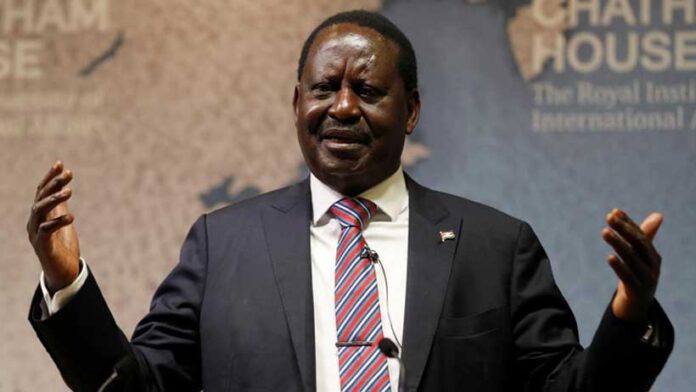By Faith Mwende
An international team of scholars has begun an in-depth study into the life and legacy of Kenya’s late opposition leader, Raila Odinga, a man whose political journey shaped the country’s democracy for decades.
Among the researchers is Professor Justin Willis from the UK’s Durham University, who described Odinga’s passing as an event that “will create a political vacuum that other leaders will struggle to fill.”
The study will explore how Raila’s lifelong pursuit of reform, from his early days as an opposition activist to his central role in the creation of Kenya’s 2010 Constitution, redefined the nation’s governance. It will also examine his influence on political movements, constitutional reform, and the evolution of multi-party democracy in East Africa.
Professor Willis, a Chevalier of the Ordre des Palmes Académiques, has spent much of his career studying identity, power, and social change across eastern Africa. His previous research has focused on elections in Kenya, Ghana, and Uganda, as well as the history of cooperatives and savings groups on the continent.
Durham University, established in 1832, is England’s third oldest university after Oxford and Cambridge. Its Department of History ranks fourth in the UK in the Complete University Guide 2025, underscoring its global academic influence.
Though Raila Odinga never ascended to the presidency, his decades of activism, resilience, and reform placed him among Kenya’s most consequential figures. His transformation from engineer to reformist politician reflected a lifetime of strategy and struggle.
Even in his later years, decisions such as the 2018 handshake with then President Uhuru Kenyatta, though divisive, demonstrated his pragmatic approach to national unity. With his passing, Kenya faces a political landscape marked by his absence and a legacy that will be difficult to replicate.



















